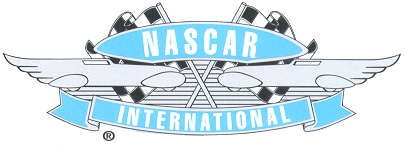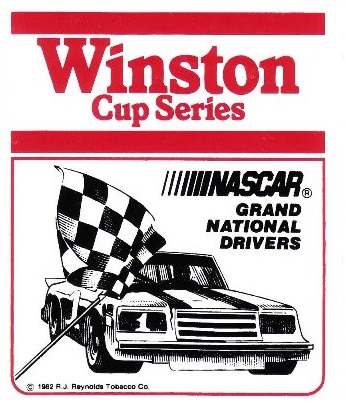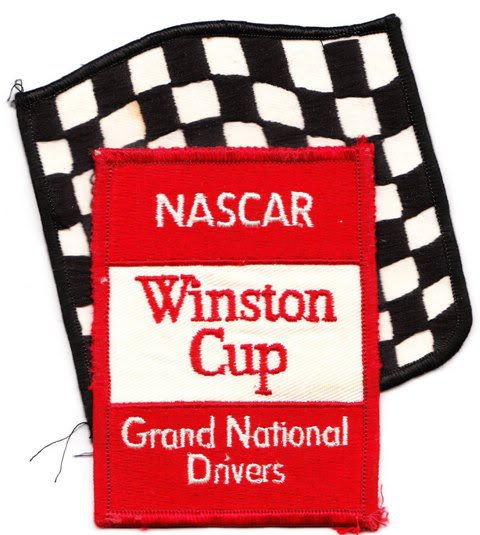From the founding of NASCAR up through the 1960's, stock-car racing was fueled mainly by the car and tire companies, which were motivated by the NASCAR mantra, "Win on Sunday, sell on Monday" But in the 1960s, Detroit's dominance of the domestic automobile market was bing seriously challenged by German and Japanese imports, profits were falling, and the value of being publicly identified with big, fast, gas0guzzling cars was suddenly in some doubt. In 1964, in a dispute with NASCAR about its infamous Hemi engine, Chrysler dropped its sponsorship of Grand National racing; General Motors got out in 1965; Ford did likewise in 1969.
Humpy Wheeler, cofounder of the Charlotte Motor Speedway: "All of a sudden Junior Johnson and Bud Moore and the rest of the car owners were left with only the equipment. They had not sponsors and for a few years they were able to run with the equipment that had." The very survival of NASCAR was in some doubt.
Perhaps the most successful marketing marriage in this country began out of necessity. In 1971, NASCAR, losing the auto manufacturers’ support and millions of dollars, was desperate for backing. Several tracks were financially strapped as well. R.J. Reynolds, in the face of a government ban on TV advertising, needed an outlet for its marketing dollars. The union was perfect.
Led by Junior Johnson and the late Ralph Seagraves, an RJR salesman and lobbyist, RJR launched a massive print advertising campaign, painted and repaired tracks, and paid for some of their advertising-renting billboards and hanging banners and posters.
Starting in 1971, huge barrels full of cash were being investd in the sport by the R.J> Reynolds Tobacco Company, maker of Winstons. Dollars that had formerly gone to purchase radio and television time were now being used for prize money, NASCAR promotions, car and race sponsorship and just about everthing else for which money could be used to strengthen and promot the sport.
The company established a $100,000 point fund, the first increment of more than $100 million to come over three decades. NASCAR streamlined the schedule to 31 races, eliminating 100-milers. In exchange, in 1972 NASCAR's Grand National Championship series was renamed the Winston Cup Grand National Series. Also the same year, 1972 France Jr. succeeded his founding father as NASCAR president. The sport’s Modern Era was born.
Through the marketing skills and vision of the late T. Wayne Robertson-as president of Sports Marketing Enterprises, RJR’s sports marketing arm-and France Jr., Winston Cup soared to unimagined heights.




